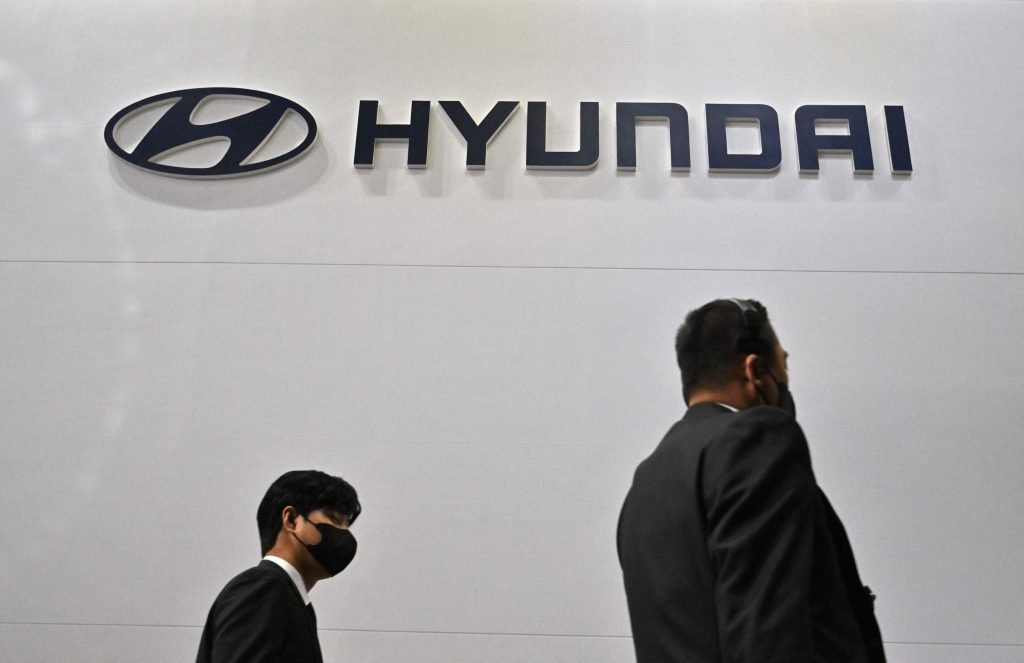
In today’s rapidly evolving world, the automotive industry is undergoing a significant transformation. As concerns about climate change and environmental sustainability continue to grow, automakers are rethinking their strategies and embracing eco-friendly practices. One company at the forefront of this movement is Hyundai Motor Company. With a strong commitment to sustainability, Hyundai has been taking bold steps to design and produce vehicles that are not only fuel-efficient but also environmentally friendly. In this article, we will explore Hyundai’s innovative approach to designing sustainable and eco-friendly vehicles.
- Advancements in Electric Vehicle Technology:
One of the key areas where Hyundai has made significant strides is in the development of electric vehicle (EV) technology. The company’s commitment to reducing carbon emissions led to the introduction of the Hyundai Ioniq Electric, Hyundai Kona Electric, and the highly acclaimed Hyundai Ioniq 5. These vehicles are powered by advanced battery systems, offering impressive driving ranges and zero tailpipe emissions. Hyundai has invested heavily in research and development to enhance battery efficiency, reduce charging times, and increase overall performance, making electric vehicles a viable and sustainable option for the masses.
- Hydrogen Fuel Cell Technology:
Hyundai has also made noteworthy advancements in hydrogen fuel cell technology, paving the way for zero-emission vehicles. The Hyundai NEXO, the world’s first dedicated hydrogen-powered SUV, showcases the company’s commitment to sustainable transportation. With its efficient fuel cell system, the NEXO emits only water vapor, offering a truly eco-friendly alternative to traditional internal combustion engines. Hyundai’s investment in hydrogen infrastructure and partnerships with governments and industry leaders have been instrumental in expanding the adoption of fuel cell vehicles.
- Lightweight Materials and Aerodynamic Design:
Hyundai recognizes that reducing vehicle weight and optimizing aerodynamics are crucial for improving fuel efficiency and reducing carbon footprint. Through the implementation of lightweight materials, such as advanced high-strength steel and aluminum alloys, Hyundai has been able to create vehicles that are lighter and more energy-efficient without compromising safety or performance. Additionally, the company employs advanced computational fluid dynamics and wind tunnel testing to fine-tune the aerodynamics of their vehicles, minimizing drag and optimizing efficiency.
- Sustainable Manufacturing Practices:
Hyundai’s commitment to sustainability extends beyond the design and performance of their vehicles. The company is actively working towards greener manufacturing processes. Hyundai has implemented eco-friendly initiatives in their production facilities worldwide, focusing on resource conservation, waste reduction, and renewable energy adoption. By utilizing solar power, LED lighting systems, and advanced water management techniques, Hyundai has significantly reduced its environmental impact throughout the manufacturing process.
- Integration of Green Technologies:
Hyundai understands the importance of integrating smart and green technologies into their vehicles to provide a holistic and sustainable driving experience. Through the Blue Link connectivity system, Hyundai enables drivers to monitor and optimize their vehicle’s energy consumption, charging status, and driving efficiency. The company is also exploring the use of solar roof technology, which can harness solar energy to power various vehicle systems and reduce dependency on the electric grid.
- Collaboration and Partnerships:
Hyundai recognizes that collaboration and partnerships are crucial for accelerating sustainable mobility solutions. The company actively collaborates with government agencies, research institutions, and industry peers to exchange knowledge, share best practices, and drive innovation in the field of eco-friendly transportation. These collaborations facilitate the development of advanced technologies, infrastructure, and policies that support the widespread adoption of sustainable vehicles.
- Commitment to Recycling and Circular Economy:
Hyundai’s commitment to sustainability goes beyond the manufacturing and use phase of vehicles. The company recognizes the importance of responsible end-of-life vehicle management and is dedicated to promoting recycling and the circular economy. Hyundai vehicles are designed with recyclability in mind, with easily separable components and materials. By establishing robust recycling programs and partnerships with recycling companies, Hyundai ensures that materials from retired vehicles are properly processed and reused, reducing waste and conserving resources.
- Continuous Research and Development:
Hyundai understands that sustainable mobility is an ongoing journey, and they are committed to continuous research and development to push the boundaries of eco-friendly vehicle design. The company invests heavily in research and development to explore new technologies, materials, and manufacturing processes that further enhance the sustainability and efficiency of their vehicles. By staying at the forefront of innovation, Hyundai aims to consistently improve upon their existing models and introduce new solutions to meet the evolving needs of environmentally conscious consumers.
- Sustainable Design Philosophy:
Hyundai follows a sustainable design philosophy that encompasses not only the exterior appearance but also the interior and overall user experience of their vehicles. The company strives to create vehicles that are aesthetically pleasing, functional, and environmentally responsible. Hyundai’s designers focus on using eco-friendly materials, reducing waste in the manufacturing process, and ensuring a comfortable and sustainable driving experience for customers.
- Education and Awareness:
Hyundai recognizes the importance of educating consumers about the benefits and potential of sustainable vehicles. The company actively engages in awareness campaigns, partnerships with environmental organizations, and educational initiatives to promote the adoption of eco-friendly transportation. Hyundai’s efforts extend beyond the vehicle itself, aiming to create a culture of sustainability and raise awareness about the positive impact that sustainable mobility can have on the environment and society as a whole.
Conclusion:
Hyundai’s approach to designing sustainable and eco-friendly vehicles encompasses every aspect of the automotive lifecycle, from research and development to manufacturing, usage, and end-of-life management. Through their advancements in electric vehicle technology, hydrogen fuel cell technology, lightweight materials, sustainable manufacturing practices, recycling initiatives, and commitment to education and awareness, Hyundai is driving the automotive industry toward a greener and more sustainable future. With their innovative solutions and strong dedication to environmental responsibility, Hyundai is setting a commendable example for other automakers and inspiring positive change in the pursuit of sustainable mobility.
Originally posted 2023-06-17 16:34:26.